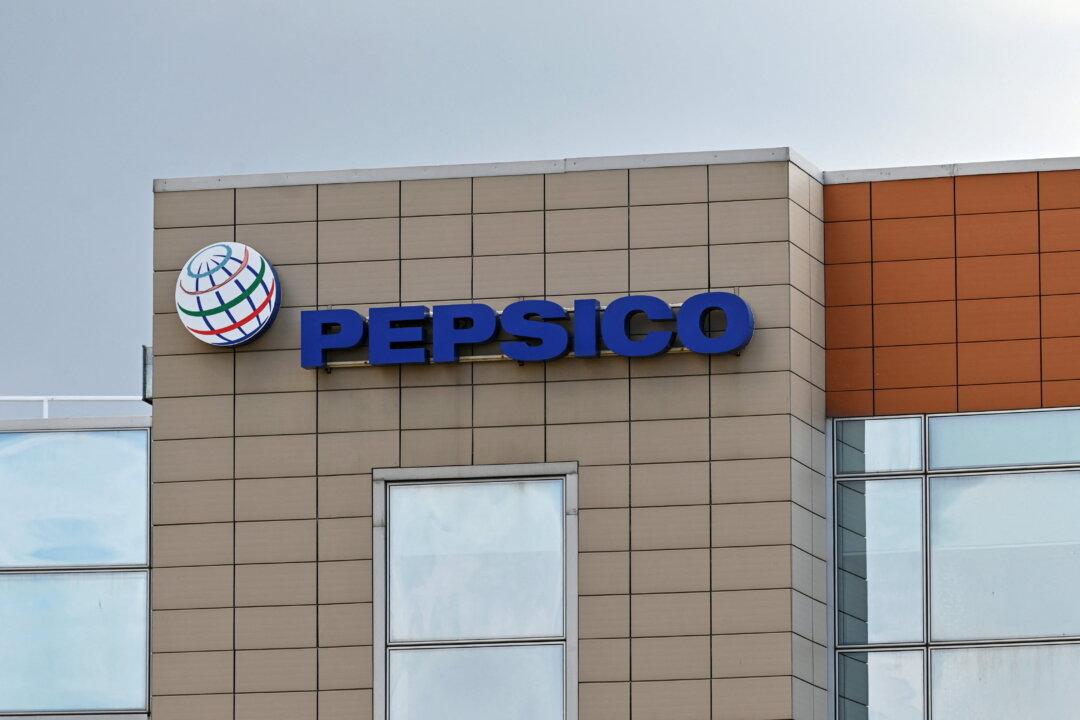A lawsuit against food and beverage giant PepsiCo alleging it made false claims about how healthy its Gatorade protein bars are can proceed, a federal judge ruled on Aug. 15.
In his ruling, U.S. District Judge Casey Pitts in San Jose, California, said the three consumer plaintiffs in the legal challenge against PepsiCo had plausibly alleged that the company’s marketing and labeling was deceptive.




